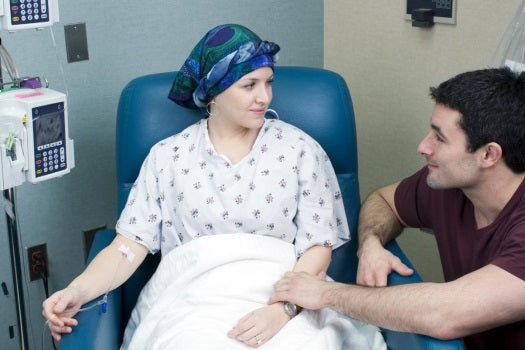featured Chilblains
On by ZimSeller Pharmacy 0 comments
Chiari malformation
On by ZimSeller Pharmacy 0 comments
Chest pain
On by ZimSeller Pharmacy 0 comments
Chest infection
On by ZimSeller Pharmacy 0 comments
Chemotherapy
On by ZimSeller Pharmacy 0 comments
Charles Bonnet syndrome
On by ZimSeller Pharmacy 0 comments
Charcot-Marie-Tooth disease
On by ZimSeller Pharmacy 0 comments





















